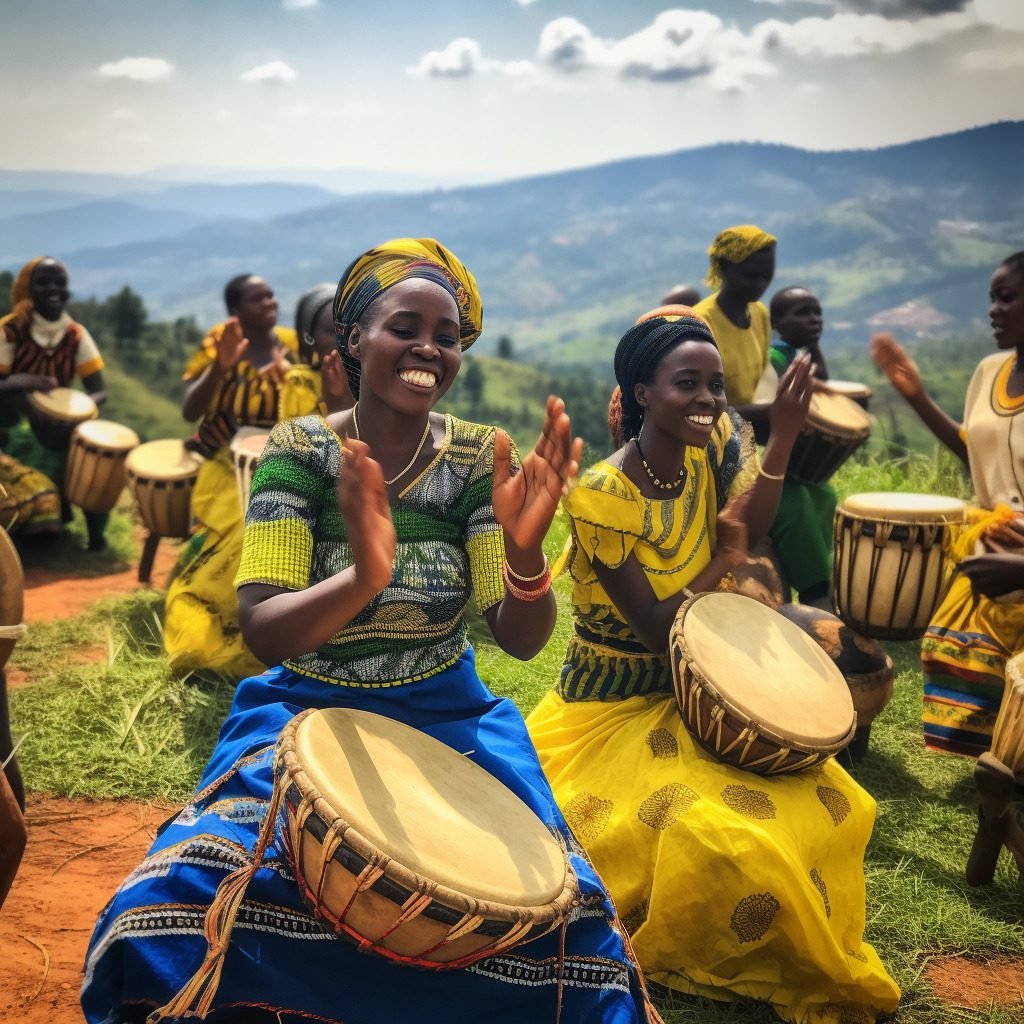Introduction
When planning a trip to a new country, it’s essential to familiarize yourself with the rules and cultural norms to ensure a smooth and enjoyable travel experience. Respecting the customs and laws of the country you’re visiting not only helps you avoid potential pitfalls but also promotes cultural understanding and appreciation. In this article, we will explore the key elements of Rwanda’s rules and cultural norms that travelers should be aware of. By following these guidelines, you’ll be able to navigate Rwanda with confidence and respect for its rich heritage.
Key Elements
1. Greetings and Etiquette
Rwandans place great importance on greetings, so it’s essential to learn the proper way to greet locals. The most common greeting is a handshake combined with a verbal greeting, such as “Mwaramutse” (Good morning), “Mwiriwe” (Good afternoon), or “Mwiriwe neza” (Good day). It is polite to make eye contact and maintain a friendly demeanor during these interactions. Additionally, Rwandans often use honorific titles like “Umukuru” (Sir) or “Umugore” (Ma’am) when addressing someone older or in a position of authority.
2. Dress Code
Rwanda is a relatively conservative country, and it’s important to dress modestly, especially in rural areas and when visiting religious sites. Both men and women should avoid wearing revealing clothing, such as short skirts, sleeveless tops, or low-cut shirts. It is best to opt for lightweight and breathable clothing that covers the shoulders and knees. When visiting traditional ceremonies or events, it is customary to wear traditional Rwandan attire, such as a “kitenge” for women or a “kanzu” for men.
3. Safety and Security
Rwanda is generally a safe country for travelers, but it’s always wise to take precautions to ensure your safety. Avoid walking alone at night, especially in unfamiliar areas. Keep your belongings secure and be aware of your surroundings, especially in crowded places and public transportation. It’s also advisable to register with your embassy or consulate and follow any travel advisories or alerts issued for Rwanda.
4. Environmental Conservation
Rwanda takes environmental conservation seriously, and it is a green and clean country. As a responsible traveler, it’s important to respect and contribute to these efforts. Avoid littering and dispose of waste properly in designated bins. Additionally, when visiting national parks and wildlife reserves, follow the guidelines provided by park rangers to minimize your impact on the environment and wildlife.
5. Genocide Remembrance
Rwanda has a painful history of genocide, and it’s crucial to approach this topic with sensitivity and respect. Avoid discussing or making jokes about the genocide unless initiated by a local who feels comfortable sharing their experience. When visiting memorial sites, maintain a solemn and respectful demeanor. Photography may be restricted in some areas, so be sure to ask for permission before taking any pictures.
6. Photography Etiquette
While Rwanda is a visually stunning country with beautiful landscapes and vibrant culture, it’s important to be respectful when taking photographs. Always ask for permission before photographing individuals, especially in rural areas or during cultural events. Some people may decline, and it’s essential to respect their wishes. Additionally, some areas or activities may have specific photography restrictions, so always follow the instructions provided by authorities or local guides.
Tips for Traveling
Now that we’ve explored some of the key elements of Rwanda’s rules and cultural norms, let’s dive into some practical tips for traveling to the country:
- Research Visa Requirements: Before traveling to Rwanda, check the visa requirements for your nationality. Some countries may require a visa, while others are eligible for visa-free entry or visa-on-arrival. Ensure that your passport is valid for at least six months beyond your planned departure date.
Learn Basic Kinyarwanda Phrases: While English is widely spoken, learning a few basic phrases in the local language, Kinyarwanda, can go a long way in connecting with locals and showing respect for their culture.
Exchange Currency: The official currency of Rwanda is the Rwandan Franc (RWF). It’s advisable to exchange some currency upon arrival for small expenses like local transportation, tips, or purchases in markets and smaller establishments.
Respect Wildlife and Nature: Rwanda is known for its incredible biodiversity and conservation efforts. When visiting national parks, follow the instructions of park rangers, maintain a safe distance from wildlife, and avoid littering or disturbing natural habitats.
Try Local Cuisine: Rwanda offers a variety of delicious dishes, including “Ugali” (a cornmeal-based dish), “Igisafuliya” (grilled meat skewers), and “Isombe” (a dish made with cassava leaves and spinach). Don’t miss the opportunity to indulge in the local flavors and explore traditional Rwandan cuisine.
Disclaimer:
While this article aims to provide valuable insights into Rwanda’s rules and cultural norms, it’s important to note that laws and customs may change over time. For the most accurate and up-to-date information, it’s recommended to consult official sources or seek professional advice when planning your trip to Rwanda.



